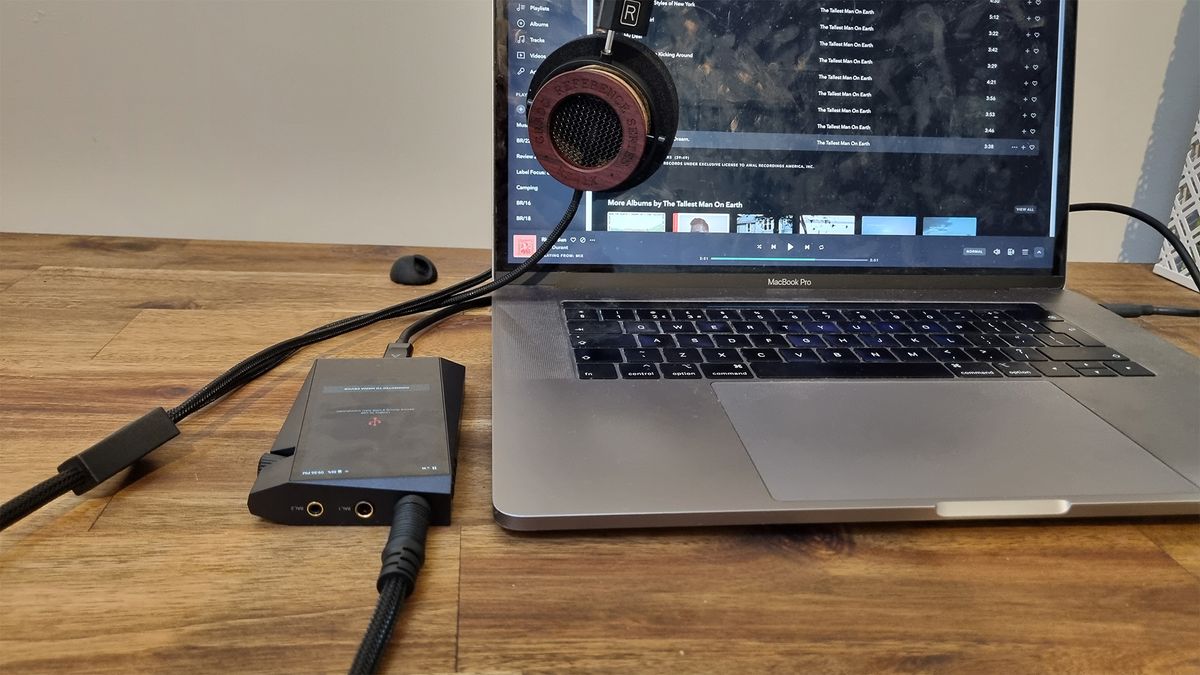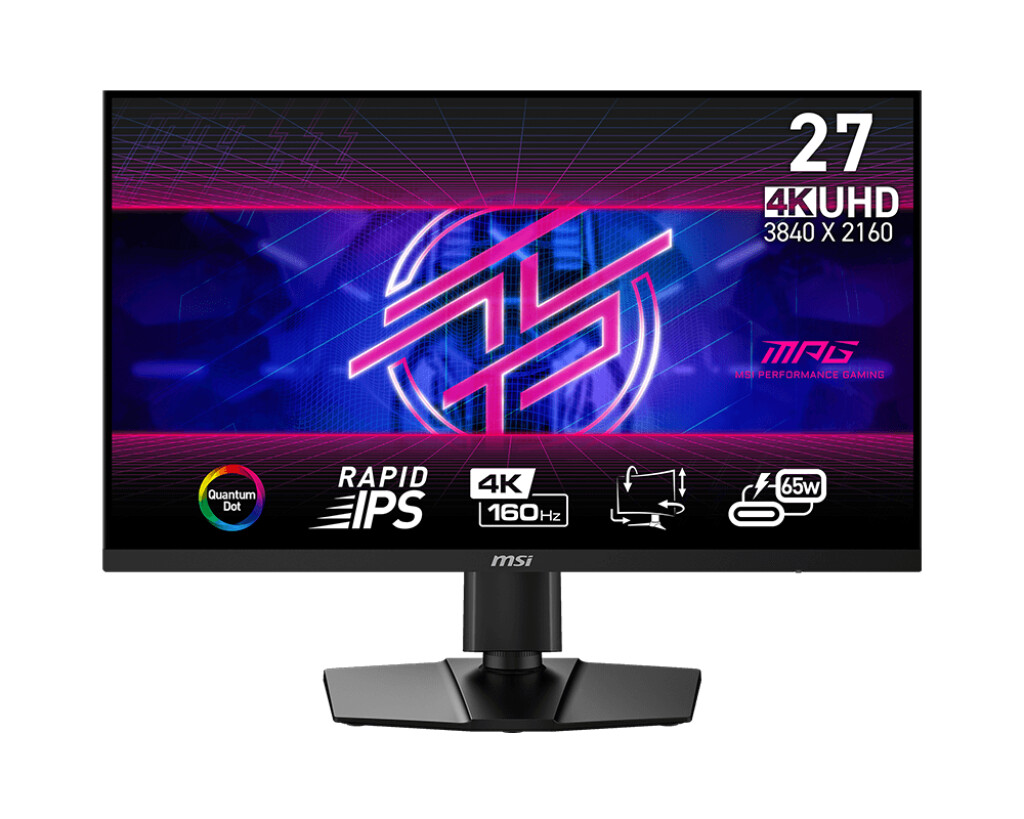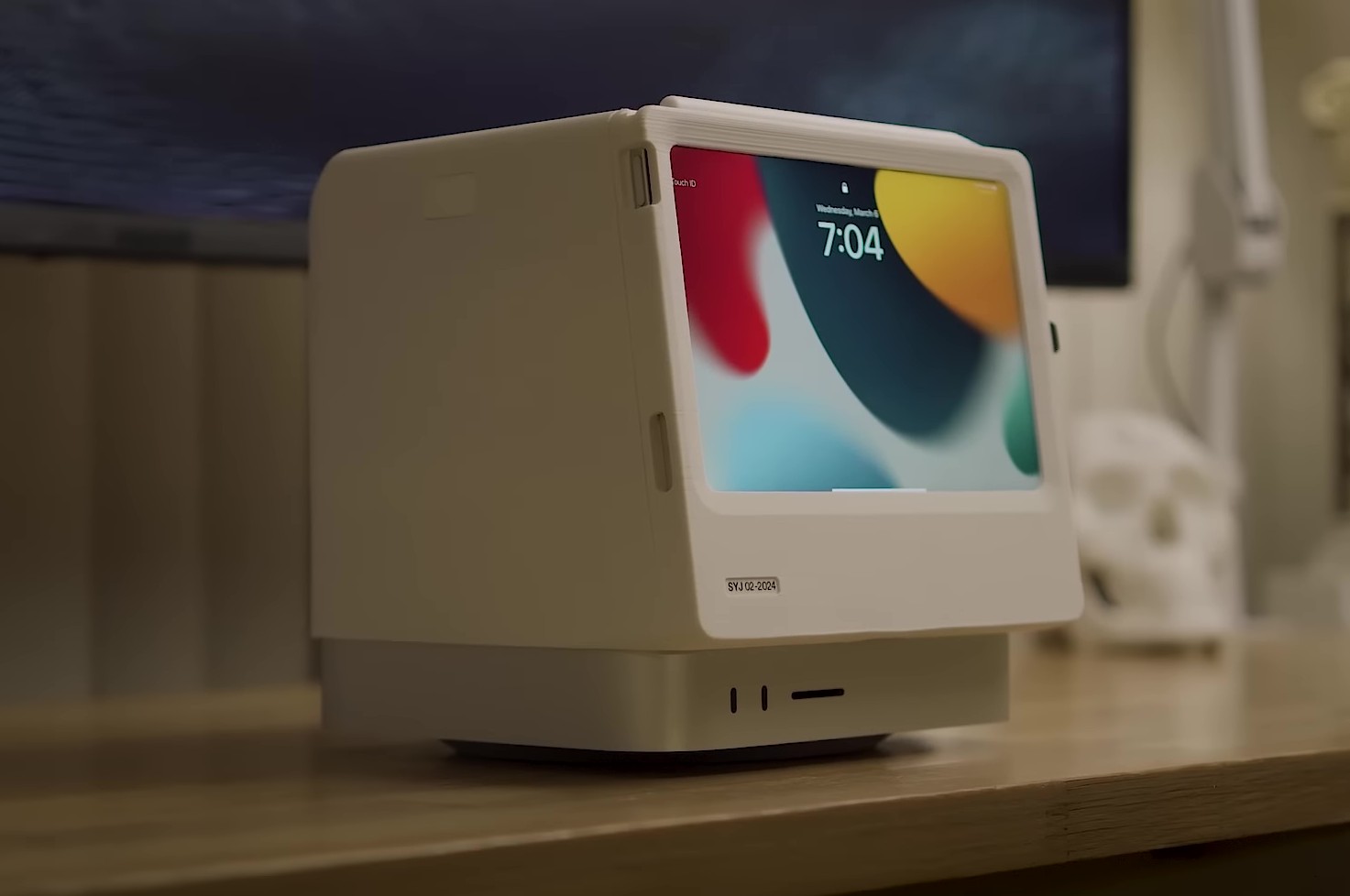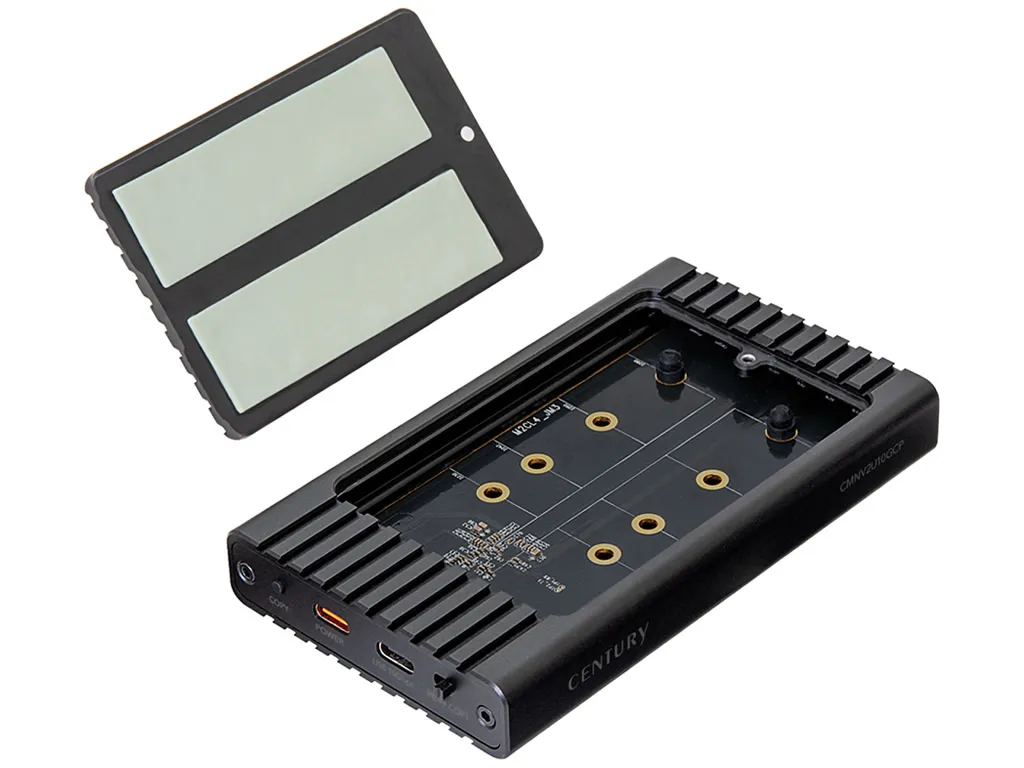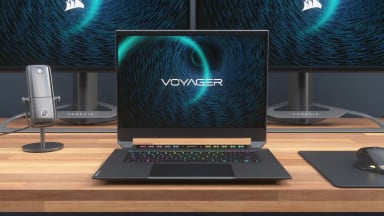
Q Acoustics' New M40 Powered Speakers: Small Size, Mighty Sound
Discover the Q Acoustics M40 powered speakers, compact floorstanders delivering powerful and immersive sound. With Bluetooth streaming, multiple connectivity options, and advanced driver technology, these speakers promise a high-quality audio experience without the bulk of traditional speakers. For those interested in a complete entertainment experience, you can also explore gaming options at https://mostbetapk.com/ while enjoying your music.





